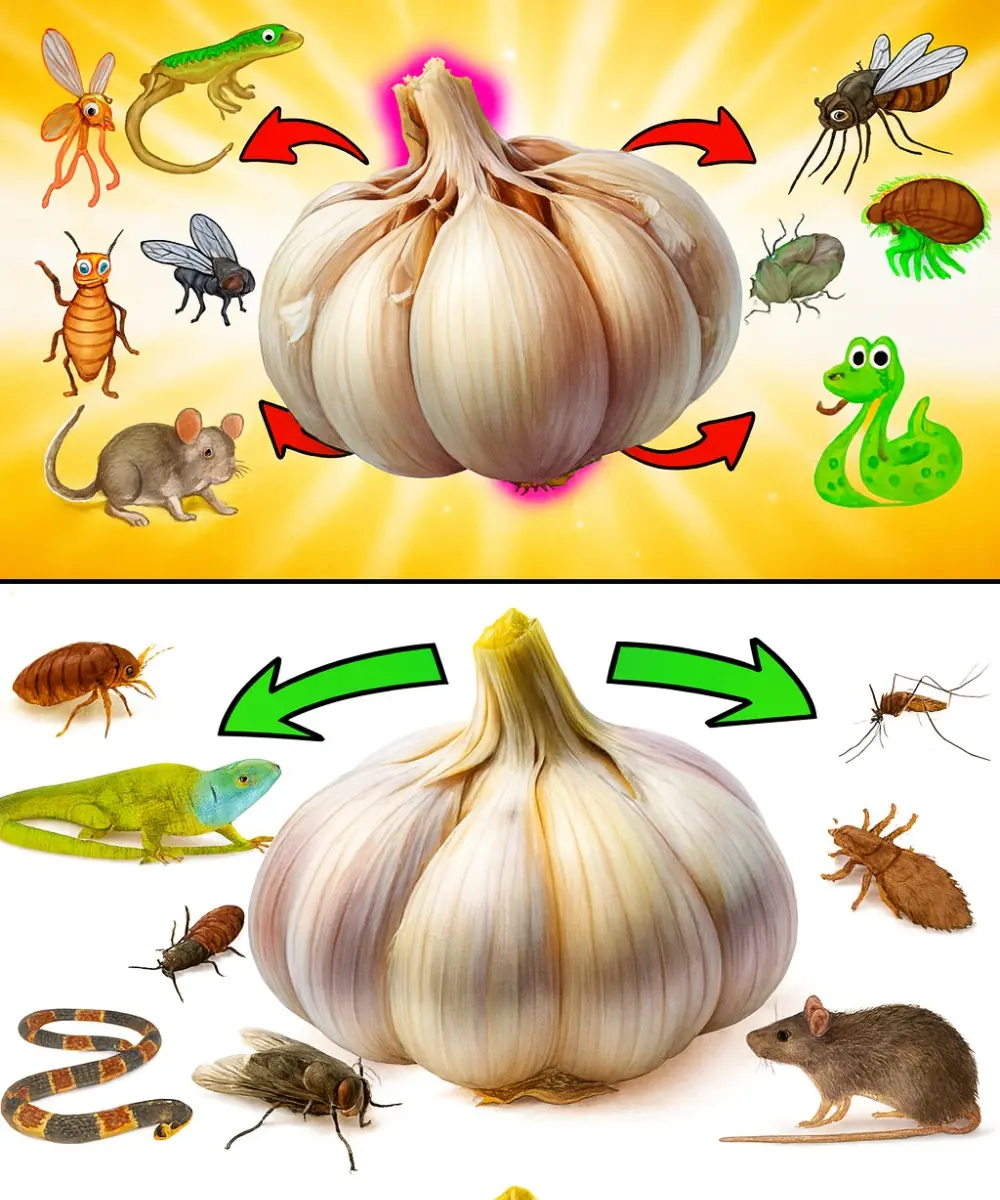
Russia Launches Free mRNA Cancer Trials — A New Hope for Treatment
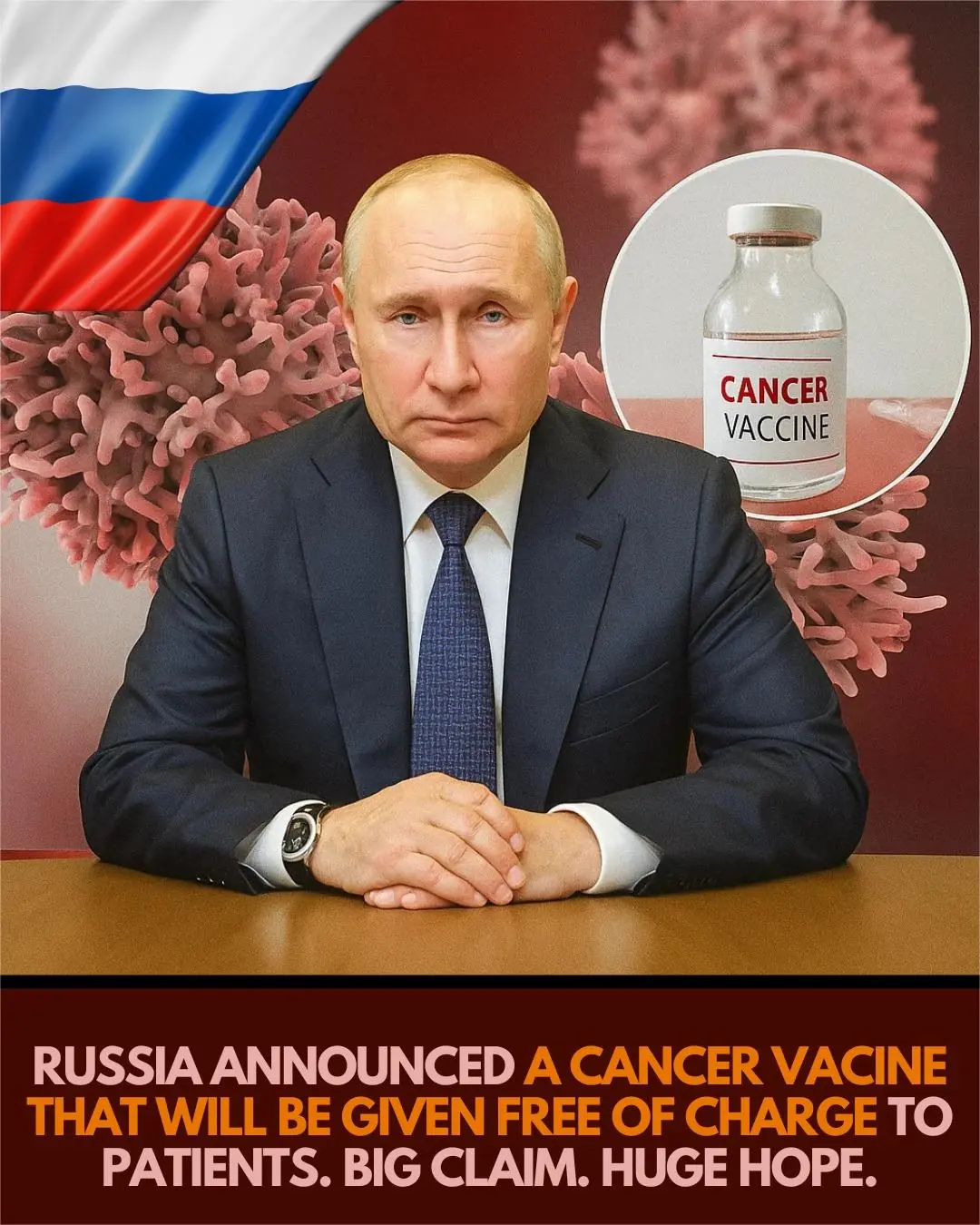
Russia has officially begun human clinical trials of a personalized mRNA-based cancer vaccine targeting melanoma—a revolutionary initiative that merges artificial intelligence, high-speed genomic sequencing, and cutting-edge immunotherapy. Developed by the Gamaleya National Research Center—the same institute that created the Sputnik V COVID-19 vaccine—this cancer vaccine represents one of the most ambitious national biomedical initiatives in recent years, setting a new precedent in the global fight against cancer.
A State-Funded Vaccine With No Financial Barriers
Unlike many oncology trials in the West that remain inaccessible to the general public due to cost, Russia’s melanoma vaccine is being offered free of charge to all eligible citizens. Each dose costs approximately 300,000 rubles (around $2,900), yet is fully subsidized by the Russian government. This approach is not only humanitarian but also a geopolitical statement—demonstrating that cutting-edge cancer care can be made universally accessible.
What Makes This Vaccine Revolutionary?
What sets this mRNA vaccine apart is its personalized nature. Instead of administering a generic drug, researchers sequence a patient’s tumor to identify unique mutated proteins, or neoantigens, found only in cancer cells. Using AI algorithms, these neoantigens are encoded into mRNA and injected into the patient, teaching the immune system to recognize and eliminate cancerous cells.
This individualized approach has shown promise in reducing recurrence and improving survival rates in melanoma patients when paired with immunotherapy, and Russia’s Gamaleya team has adapted and refined these methods to accelerate local innovation.
Clinical Trials Set in Moscow’s Top Oncology Centers
The trials, scheduled to begin in late 2025, will be hosted at the N. N. Blokhin Cancer Center and the Hertsen Moscow Oncology Institute—national hubs for advanced cancer therapy. Preclinical studies demonstrated strong immune activation with minimal toxicity, and the first trials will monitor immunogenicity, tumor regression, and recurrence rates in 100 participants with stage II–III melanoma.
Why Melanoma—and What Comes Next?
Melanoma, with its high mutation load, is an ideal target for immunotherapy. Over 132,000 new cases are diagnosed globally each year, and Russia alone faces over 625,000 new cancer cases annually. Officials have hinted that after melanoma, the AI-mRNA framework could be applied to pancreatic, lung, and kidney cancers—diseases often resistant to conventional treatment.
From COVID to Cancer: The mRNA Platform Evolves
Russia’s entry into cancer immunotherapy comes as mRNA technology matures beyond its pandemic roots. COVID-19 vaccines proved the platform’s flexibility, and now, oncology is its next frontier. Personalized mRNA vaccines have shown strong immune responses in trials worldwide, providing a roadmap for Russia’s initiative.
Inside the Science: How AI Designs the Vaccine
After a patient’s tumor biopsy is sequenced, AI software identifies viable neoantigens and ranks them based on their potential to trigger T-cell responses. The finalized mRNA strand is then synthesized and delivered within a week—a turnaround time that once took months. This AI-driven precision reduces unnecessary inflammation and lowers the risk of autoimmune side effects.
Addressing Skepticism and Data Transparency
While enthusiasm is high, skepticism remains. Concerns about transparency, peer-reviewed data, and the political framing of the vaccine persist. However, Russian officials have pledged to publish trial data openly and invite international experts to participate in oversight committees.
Global Implications If It Succeeds
If successful, Russia’s vaccine could revolutionize global cancer care, especially in low-income nations where access to advanced oncology treatments is limited. The free-access model could pressure pharmaceutical companies worldwide to lower costs or share technology more widely.
Moreover, Russia may leverage the vaccine as soft power, offering access to partner nations across Asia, Africa, and Latin America—turning medical innovation into a diplomatic tool.
A Glimpse Into the Future
This initiative underscores Russia’s ambition to become a leader in biotechnology, with cancer immunotherapy placed at the top of its strategic health agenda. By combining genomics, AI, and state funding, the melanoma vaccine could mark the beginning of a new era in personalized medicine.
Conclusion
Russia’s personalized mRNA cancer vaccine trial isn’t just a medical experiment—it’s a bold national bet on the convergence of biotechnology, data science, and equity. If proven successful, it could catalyze a paradigm shift in cancer treatment worldwide, reshape pharmaceutical economics, and reinforce the role of personalized medicine as the future of oncology.
News in the same category


Eunice Foote: The Forgotten Scientist Who Predicted Climate Change in 1856

Charlie Kirk shooting: Officials release video, plead for help in tracking down person of interest

California's Clean Air Vehicle Decal Program to End This Month

Family mourns 3-year-old boy hit and killed after running into street in Long Beach

Did Charlie Kirk start asking the wrong questions?

Terror on Boeing 737 as plane explosion forces pilots to make ‘hard landing’: ‘Unsettling’

Emma Heming reveals Bruce Willis is living in a second home as dementia battle progresses: ‘Hardest decision’

Professor Cancels Class After Taylor Swift and Travis Kelce Engagement News Goes Viral

Bubbles at 42: From Pop Icon to Sanctuary Resident, a Chimpanzee’s Quiet Legacy

Trump Sparks Outrage With Claim: ‘Without the U.S., the World Would Die’

Charlie Kirk’s final words before being assassinated

China built a 10-story building in 29 hours — Here’s How!
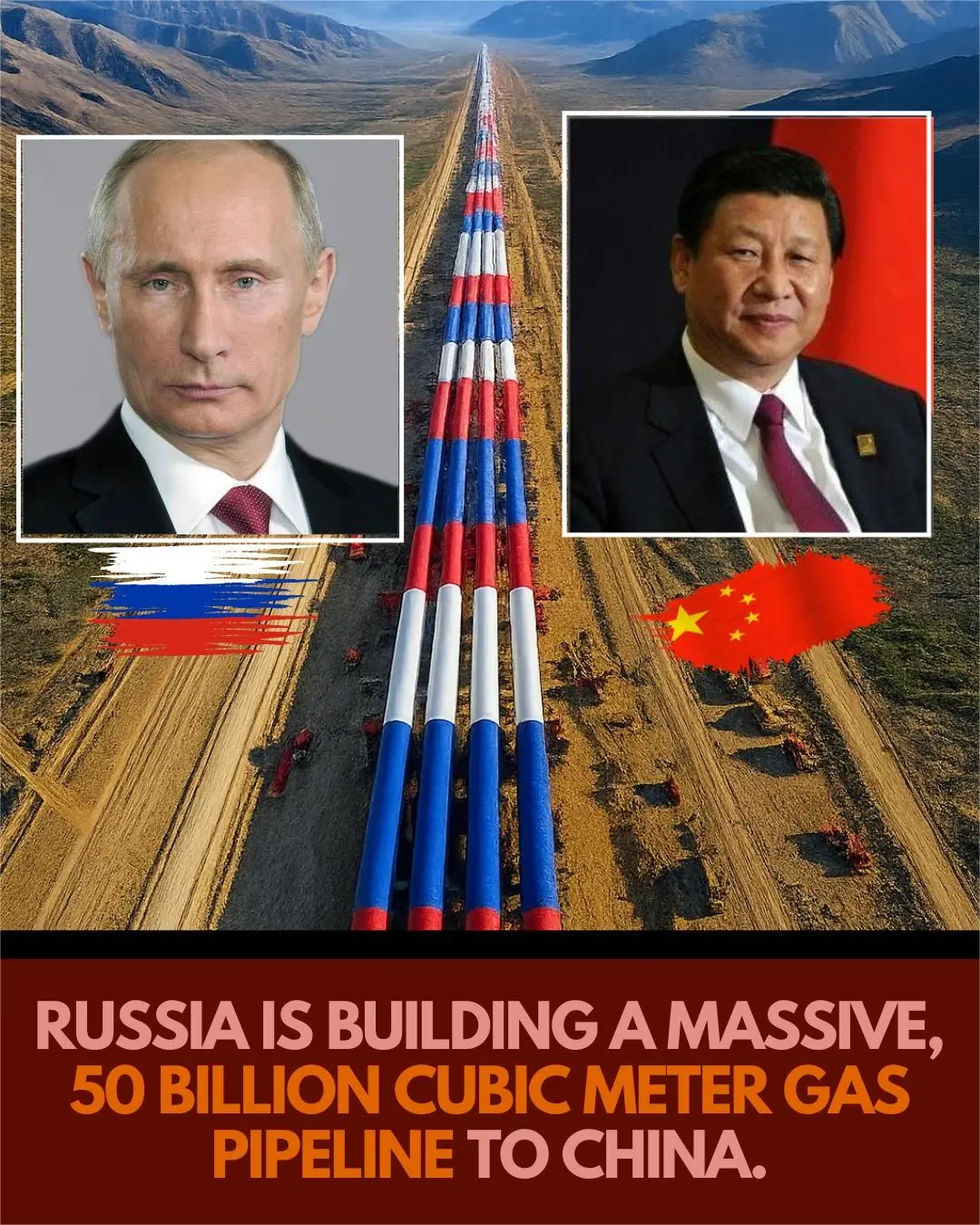
Russia’s $100 Billion Pipeline Shift: From Europe to China

Honda’s Reusable Rocket Milestone: What We Know So Far

Iceland: The Rare Nation Without Mosquitoes

Dubai Pushes Ahead with Self-Driving Electric Trucks to Transform Logistics

Tragedy as teen drowns rescuing four children – his family reveals his legacy
News Post

Mix Hibiscus Flower with Bay Leaves and Cinnamon

Homemade Onion Hair Oil for Stronger, Healthier Hair

Erika Kirk delivers emotional remarks after killing of husband Charlie Kirk
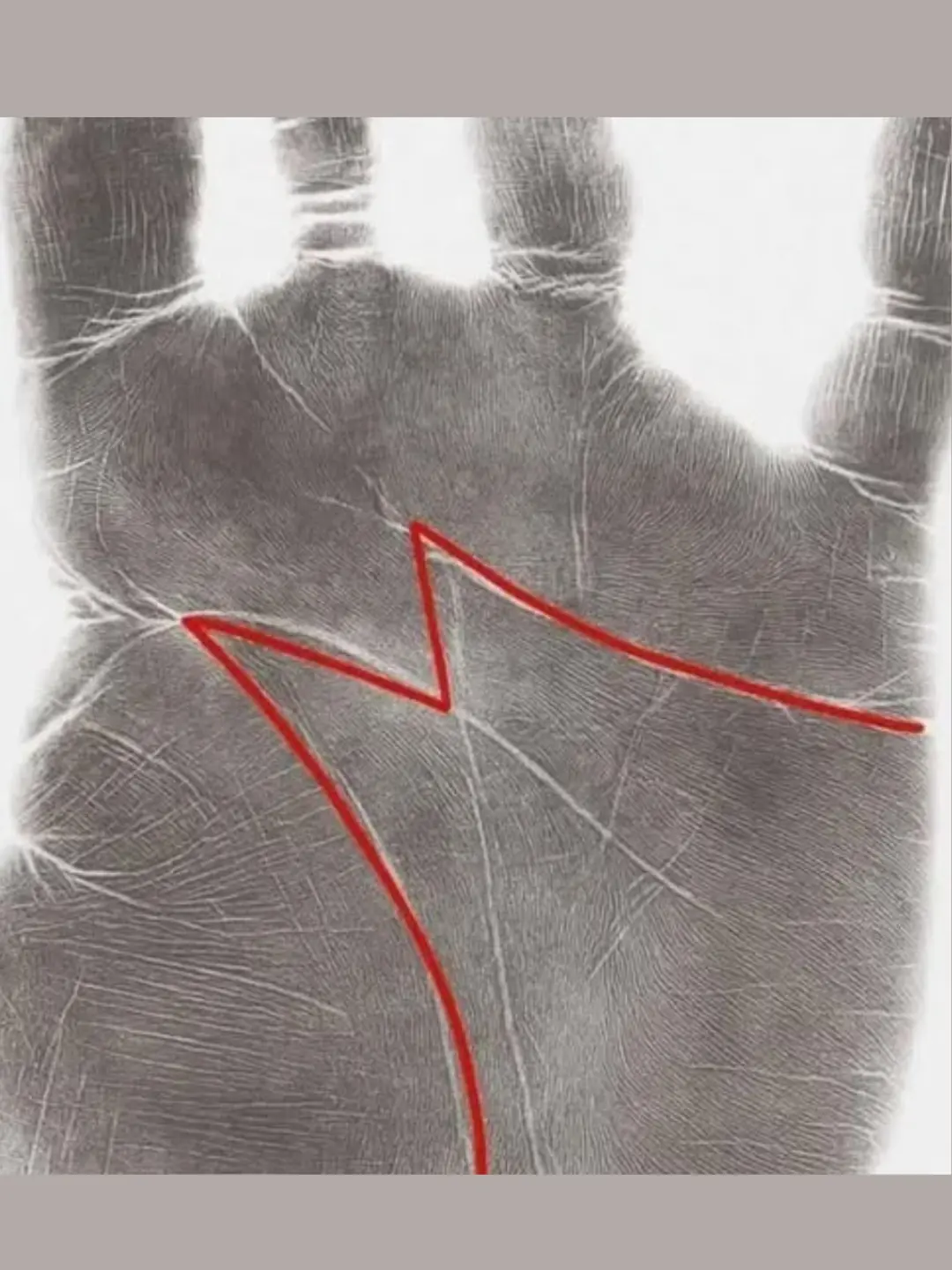
The Hidden Meaning of the “M” on Your Palm 🤲✨

10 Innocent-Looking Household Items That Can Cause Cancer (Backed by Science)

Eunice Foote: The Forgotten Scientist Who Predicted Climate Change in 1856
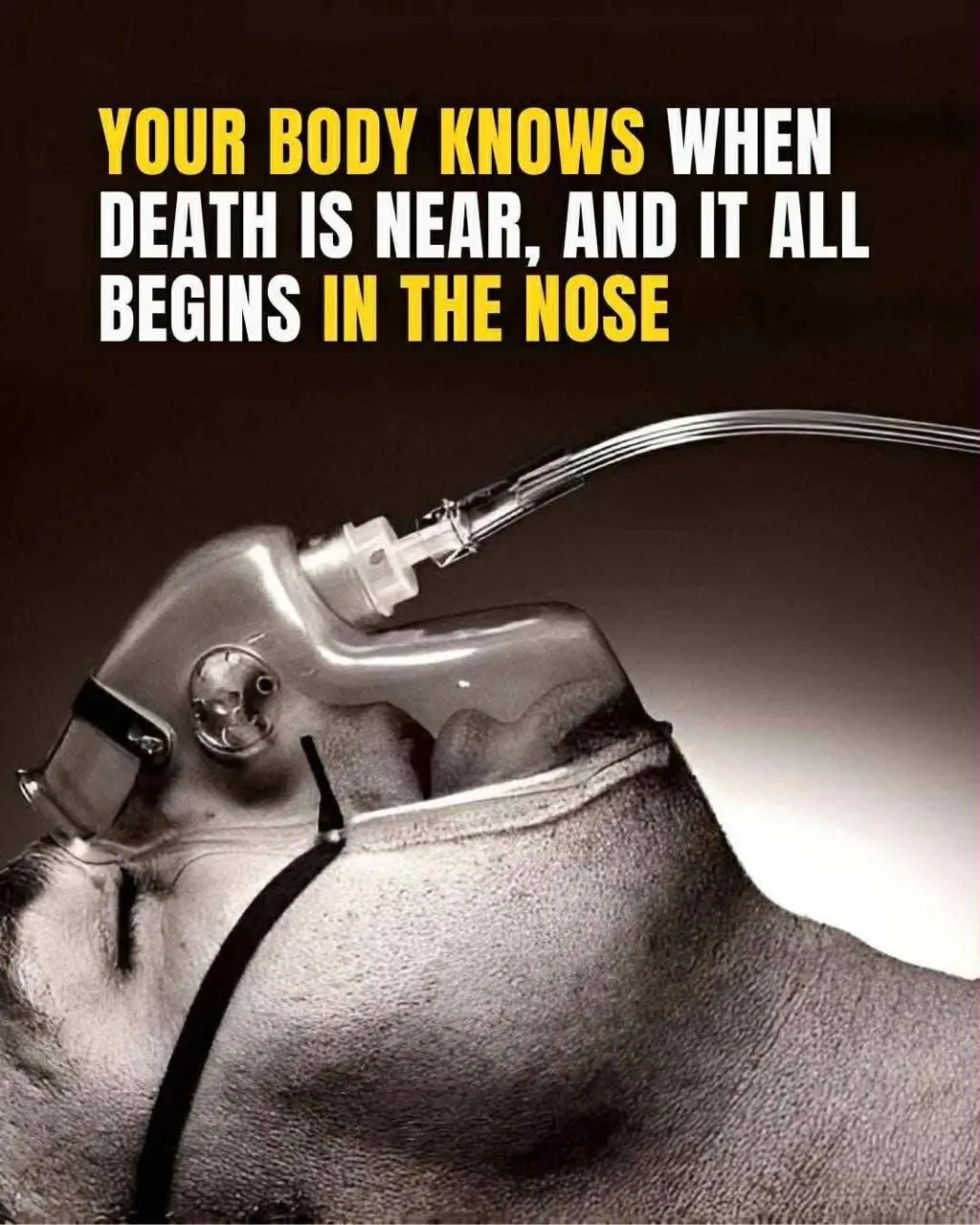
Research Suggests Your Body Knows When Death Is Near — And It Begins With the Nose

The drink that eliminates diabetes, fatty liver, poor circulation, and cancer without the need for expensive pills 👇

The drink that eliminates diabetes, fatty liver, poor circulation, and cancer without the need for expensive pills

Charlie Kirk shooting: Officials release video, plead for help in tracking down person of interest

California's Clean Air Vehicle Decal Program to End This Month

Family mourns 3-year-old boy hit and killed after running into street in Long Beach

Did Charlie Kirk start asking the wrong questions?

How to Identify Benign and Malignant Lymph Nodes

8 Surprisingly Easy Ways to Prevent Cavities

Take a spoonful of olive oil with lemon every day on an empty stomach.

Unlock the Secret to Glossy, Vibrant Hair with Cloves and One Simple Trick!

Nature’s Ultimate Detox Secret: Cucumber, Lemon, Celery, and Turmeric for a Healthier You!

Unlock Radiant Skin: The Colgate and Lemon Glow Secret You NEED to Know!
